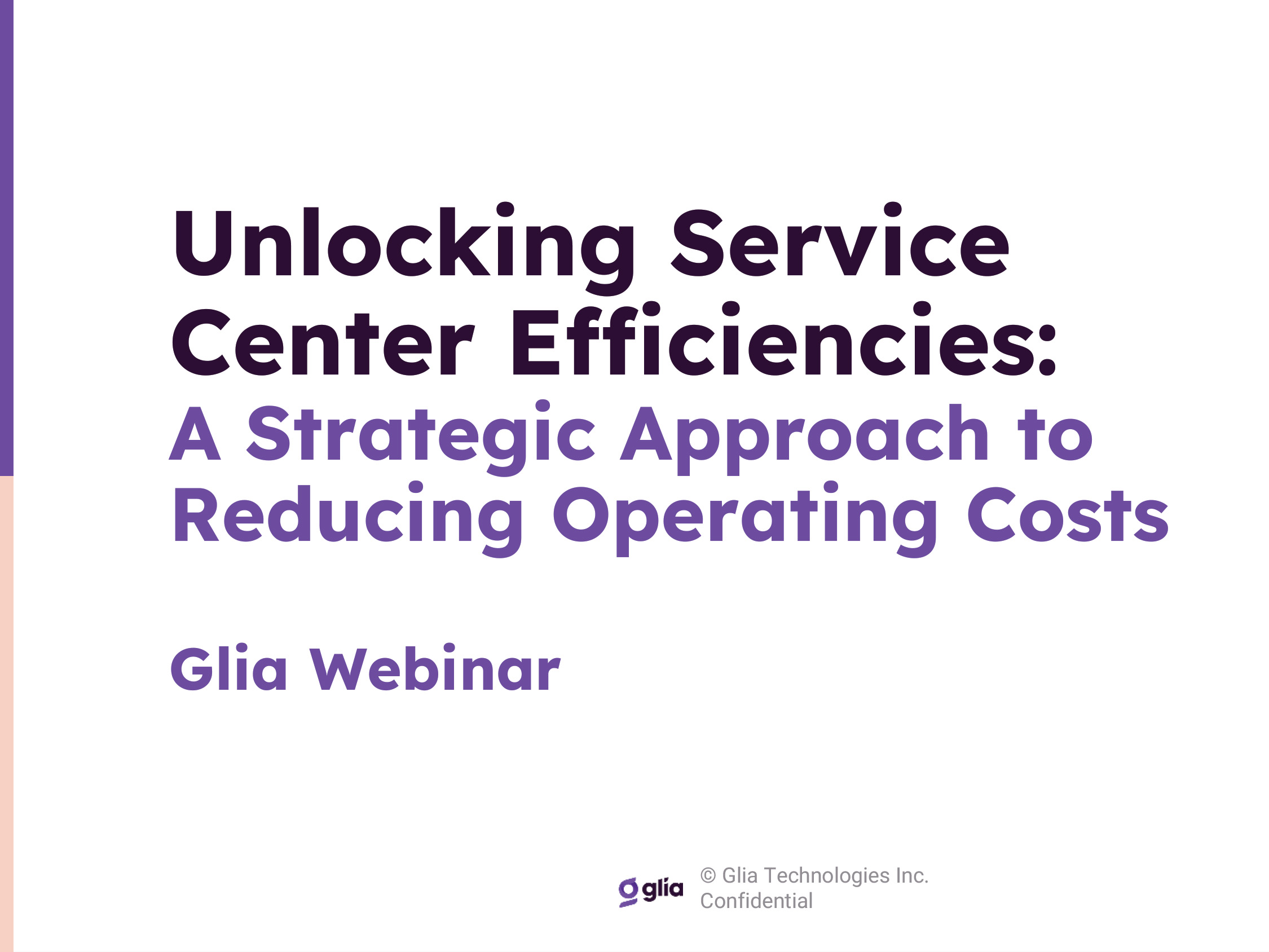Employers Focusing on Cost Reduction Amid Rising Health Care Costs

Reducing employee benefit costs is an increasing priority for employers facing rising health care costs, in addition to continued reliance on benefits to attract and retain employees, according to the 2024 Lockton National Benefits Survey.
The survey, which gathered responses from 1,611 employers across the U.S., showed a closing gap between those who cite attracting and retaining talent as the most important factor in benefit decisions (33%) and those who said reducing costs 29%). While talent attraction and retention topped the list in 2022 and 2023, by 2024, reducing costs was almost equally important, Lockton found.
With health care costs projected to rise by an average of 6 to 8 percent next year under current market conditions, employers are adopting more conservative strategies to manage costs.
“Employers are enhancing access to care through various modalities which can improve health outcomes and reduce cost,” the survey noted. They are also supporting their workforce by providing services that cater to their overall wellbeing, such as family building benefits and mental health care.
Among self-funded employers, 85% are using a high-deductible health plan as one of their cost management strategies, while 33% are offering a tiered network within a single plan, and 26% are using a specialty care management carve out.
Larger employers, particularly those with 5,000 or more employees, are more inclined to steer employees to higher quality, lower cost care, the survey found. Among large employers, 28% are using a narrow high-performing provider network, and 40% are incentivizing employees to use a tiered network within a health plan. Half, or 51%, of large employers also provide advocacy/navigation services and 46% provide employees with price and quality data to make more informed provider decisions.
Digital and virtual solutions are gaining traction, especially among larger groups, with telemedicine being offered by 96% of all respondents, per the survey. In addition, 40% are offering telemedicine for mental/behavioral health care.
Despite these strategies, the pressure to manage costs is not expected to ease in the near future. The survey emphasized the need for sponsors to understand their philosophies to strategically craft their plans to reduce costs. It also highlighted the importance of monitoring the innovative tactics employers will use to optimize their plans in the coming year.
To learn more, visit Lockton’s website. &








